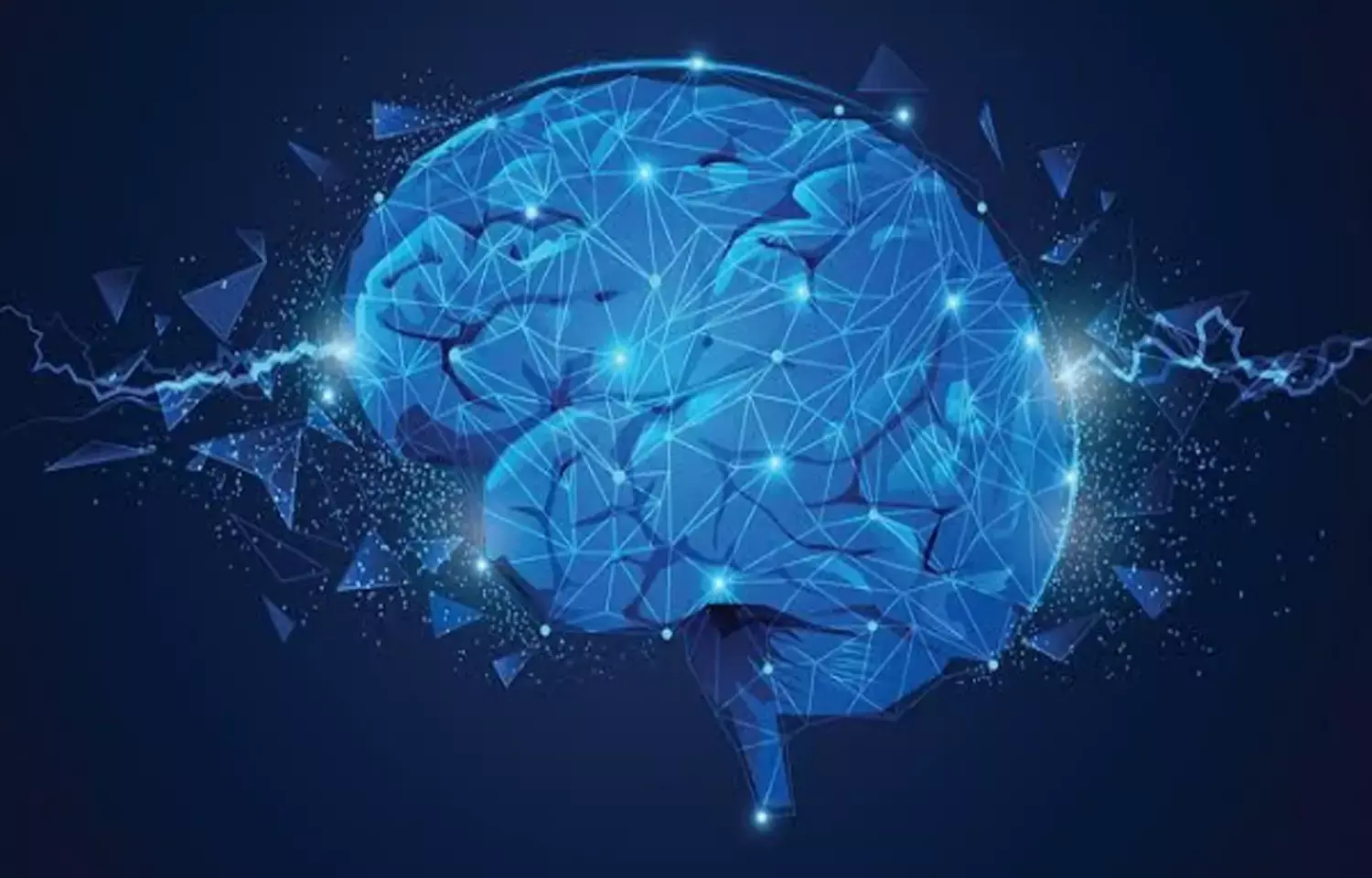- Home
- Medical news & Guidelines
- Anesthesiology
- Cardiology and CTVS
- Critical Care
- Dentistry
- Dermatology
- Diabetes and Endocrinology
- ENT
- Gastroenterology
- Medicine
- Nephrology
- Neurology
- Obstretics-Gynaecology
- Oncology
- Ophthalmology
- Orthopaedics
- Pediatrics-Neonatology
- Psychiatry
- Pulmonology
- Radiology
- Surgery
- Urology
- Laboratory Medicine
- Diet
- Nursing
- Paramedical
- Physiotherapy
- Health news
- Fact Check
- Bone Health Fact Check
- Brain Health Fact Check
- Cancer Related Fact Check
- Child Care Fact Check
- Dental and oral health fact check
- Diabetes and metabolic health fact check
- Diet and Nutrition Fact Check
- Eye and ENT Care Fact Check
- Fitness fact check
- Gut health fact check
- Heart health fact check
- Kidney health fact check
- Medical education fact check
- Men's health fact check
- Respiratory fact check
- Skin and hair care fact check
- Vaccine and Immunization fact check
- Women's health fact check
- AYUSH
- State News
- Andaman and Nicobar Islands
- Andhra Pradesh
- Arunachal Pradesh
- Assam
- Bihar
- Chandigarh
- Chattisgarh
- Dadra and Nagar Haveli
- Daman and Diu
- Delhi
- Goa
- Gujarat
- Haryana
- Himachal Pradesh
- Jammu & Kashmir
- Jharkhand
- Karnataka
- Kerala
- Ladakh
- Lakshadweep
- Madhya Pradesh
- Maharashtra
- Manipur
- Meghalaya
- Mizoram
- Nagaland
- Odisha
- Puducherry
- Punjab
- Rajasthan
- Sikkim
- Tamil Nadu
- Telangana
- Tripura
- Uttar Pradesh
- Uttrakhand
- West Bengal
- Medical Education
- Industry
Electroconvulsive therapy linked to longer hospital stays, increased costs

Electroconvulsive therapy, which may be effective at lowering long-term risks of suicide and death among patients with certain mood disorders, may result in longer hospital stays and increased health care costs, according to researchers. They said delivering the therapy in outpatient settings may make the treatment more cost-effective.
Electroconvulsive therapy (ECT) -- which involves passing small electric currents through the brain to trigger brief seizures while a patient is under anesthesia -- is seldom utilized in the U.S. due to high costs, low insurance coverage, lack of medical training and long-term side effects. The researchers conducted a study, which published June 5 in Administration and Policy in Mental Health and Mental Health Services Research, examining privately insured adults hospitalized for major depression or bipolar disorder. They found that those who received ECT were hospitalized twice as long and had more than double the total health care costs compared to patients receiving standard care.
"Although ECT is an effective therapy for treatment-resistant depression, its high cost is a deterrent," said author Edeanya Agbese, research project manager in the Department of Public Health Sciences and the Center for Applied Studies in Health Economics. "If this therapy were delivered in an outpatient setting, it's possible that the potential of reduced cost burdens to patients and insurers could increase utilization of ECT in the U.S."
The investigators used a private insurance database to evaluate the cost-effectiveness of ECT compared to standard care. They examined several factors including patient characteristics, length of hospitalization and treatments received. Analyzing the associated costs before, during and after hospitalization, the researchers were able to derive patients' total health care costs during the three periods.
The findings revealed that depending on the number of treatments, those receiving ECT were hospitalized four to 29 days longer and incurred an additional $5,700 to $52,700 more than patients who did not receive this treatment. Furthermore, patients who received ECT continued to have higher health care costs even after hospitalization.
According to the researchers, it may be beneficial and more cost-effective for patients if ECT treatments could be offered in outpatient settings when possible depending on illness severity. Because this study focused on privately insured individuals, it did not explore the financial implications and out-of-pocket expenses for ECT patients without health care insurance or those on Medicare and Medicaid.
Douglas Leslie and Djibril Ba both from the Center for Applied Studies in Health Economics and Penn State College of Medicine; Robert Rosenheck from the U.S. Department of Veterans Affairs and the Department of Psychiatry at Yale School of Medicine also contributed to this research. The researchers declare no conflicts of interest or specific funding for this research.
https://link.springer.com/article/10.1007/s10488-021-01145-3
Hina Zahid Joined Medical Dialogue in 2017 with a passion to work as a Reporter. She coordinates with various national and international journals and association and covers all the stories related to Medical guidelines, Medical Journals, rare medical surgeries as well as all the updates in the medical field. Email: editorial@medicaldialogues.in. Contact no. 011-43720751
Dr Kamal Kant Kohli-MBBS, DTCD- a chest specialist with more than 30 years of practice and a flair for writing clinical articles, Dr Kamal Kant Kohli joined Medical Dialogues as a Chief Editor of Medical News. Besides writing articles, as an editor, he proofreads and verifies all the medical content published on Medical Dialogues including those coming from journals, studies,medical conferences,guidelines etc. Email: drkohli@medicaldialogues.in. Contact no. 011-43720751


